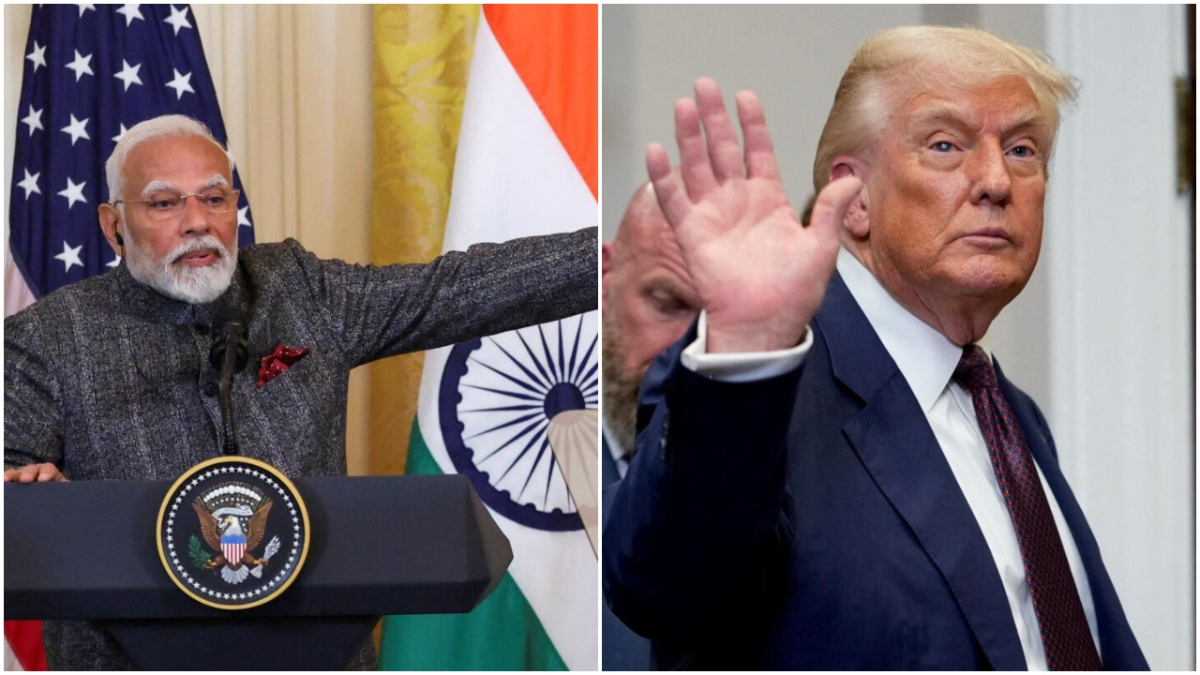
Summary – US Secretary of State Marco Rubio underscores the strategic importance of India despite ongoing trade tensions between the two nations.,
Article –
The relationship between the United States and India is currently under intense global scrutiny due to ongoing trade tensions marked by tariff disputes. US Secretary of State Marco Rubio recently described India as one of Washington’s “top relationships,” highlighting the strategic importance of this partnership despite economic disagreements.
Background
The recent US-India relations have been a mix of diplomatic engagement and economic friction. The Trump administration introduced tariffs on sectors like steel, aluminum, and agriculture to address trade imbalances and protect US industries. This resulted in retaliatory tariffs from India and strained economic dialogues. Nevertheless, diplomatic efforts have continued, focusing on:
- Security cooperation
- Technology partnerships
- Strategic alignment, especially concerning Indo-Pacific stability
Key figures such as Secretary of State Marco Rubio and Indian government leaders negotiate this balance amidst a broader international environment influenced by China’s rising presence and the evolving global trade frameworks under the WTO.
The Global Impact
The US-India relationship holds significant geopolitical and economic weight. Economically, these nations represent major and fast-growing markets, so their trade policies affect:
- International supply chains
- Global economic health
Tariffs disrupt trade flows, raise costs for businesses, and create market uncertainty. Geopolitically, the alliance is crucial for US efforts to balance China’s influence in the Indo-Pacific, including collaborations in:
- Defense agreements
- Intelligence sharing
- Cybersecurity cooperation
- Joint military exercises
Thus, India acts as an essential partner in regional security despite ongoing trade frictions.
Reactions from the World Stage
International observers are focused on the tension between economic conflict and diplomatic partnership. Global economic forums and trade organizations stress the importance of resolving tariff issues to avoid broader disruptions. The G20 members advocate for open markets and transparent trade practices.
Within India, leaders express readiness for dialogue while emphasizing protection of domestic industries and market access. US business groups also call for resolving trade barriers to unlock commercial potential. Analysts agree that such dialogues are crucial for sustaining this strategic relationship beyond economics.
What Comes Next?
The future of US-India relations will likely involve balancing economic disagreements with strategic goals. Potential developments include:
- Negotiated tariff settlements through revised agreements or concessions
- Expansion of cooperation in technology transfer, clean energy, and defense innovation
Experts note the intricate connection between economic policies and security interests. The US’s acknowledgment of India as a top bilateral partner reflects a long-term vision emphasizing shared democratic values and strategic advantages beyond current disputes.
As global leadership and international challenges evolve, US-India relations will remain essential for monitoring power balance, trade stability, and diplomatic engagement in this century.

